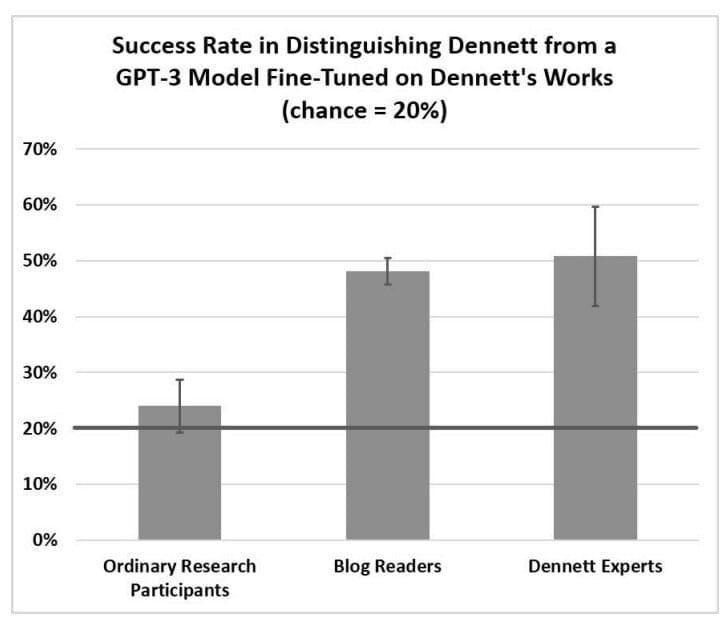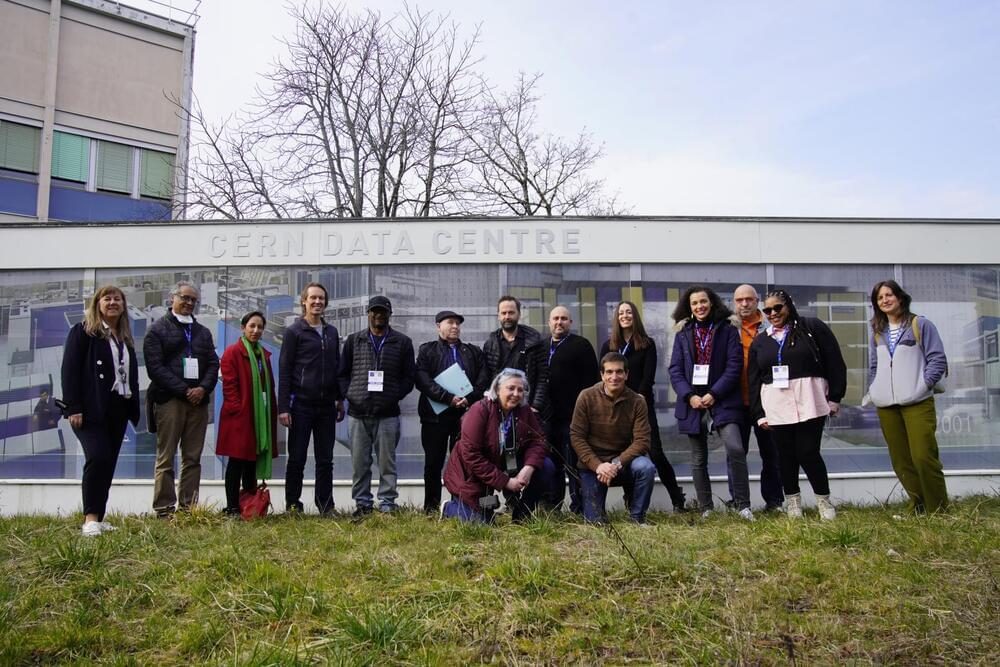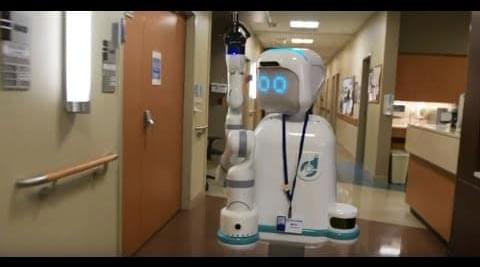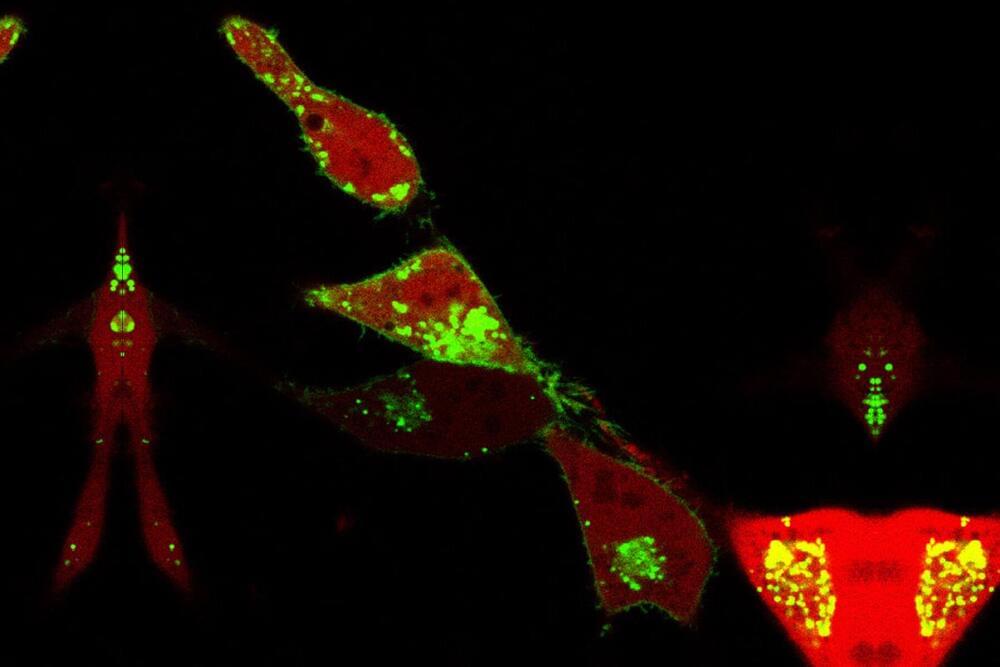
In recent years, computer scientists have been trying to create increasingly advanced dialogue and information systems. The release of ChatGPT and other highly performing language models are demonstrating just how far artificial intelligence can go in answering user questions, writing texts and conversing with humans.
Researchers at University of California-Riverside, École Normale Supérieure (ECN) in Paris, and Ludwig-Maximilians-Universität München developed a large language model that can answer philosophical questions in the voice of a specific philosopher. This model, presented in a paper published on the pre-print server arXiv, can autonomously generate answers that closely resemble those produced by human philosophers.
“Anna Strasser, Matthew Crosby and I had noticed that people were creating GPT-3 outputs in the style of various writers or other philosophers,” Eric Schwitzgebel, one of the researchers who carried out the study, told Tech Xplore. “We thought it would be interesting to see if we could fine-tune GPT-3 (Generative Pre-trained Transformer 3) on the body of work of a philosopher, then ask it questions and see if it said things that the real philosopher might have said.”


















